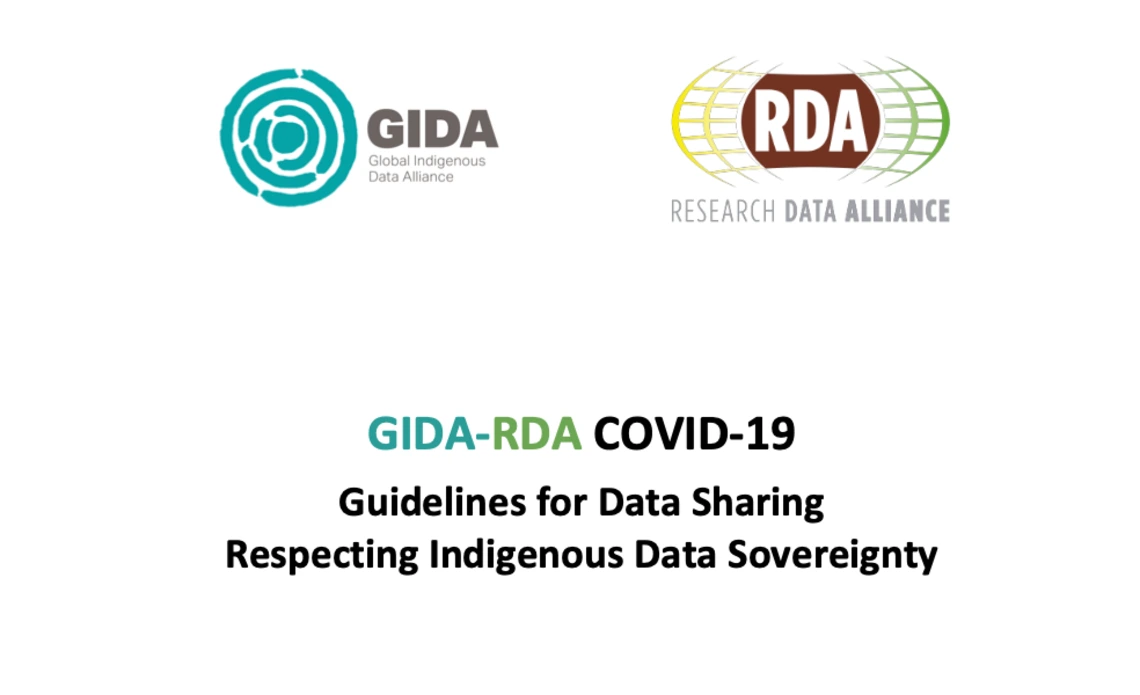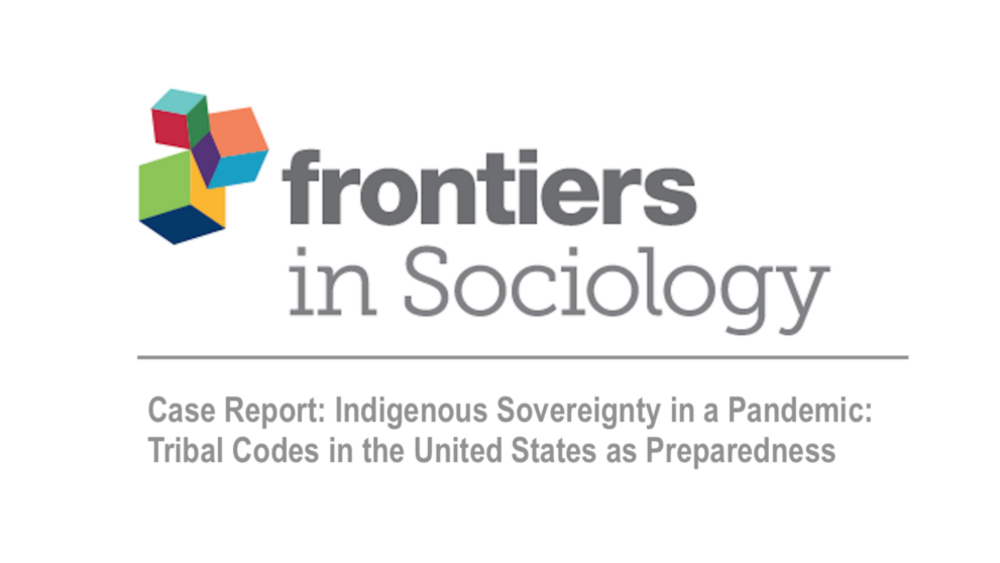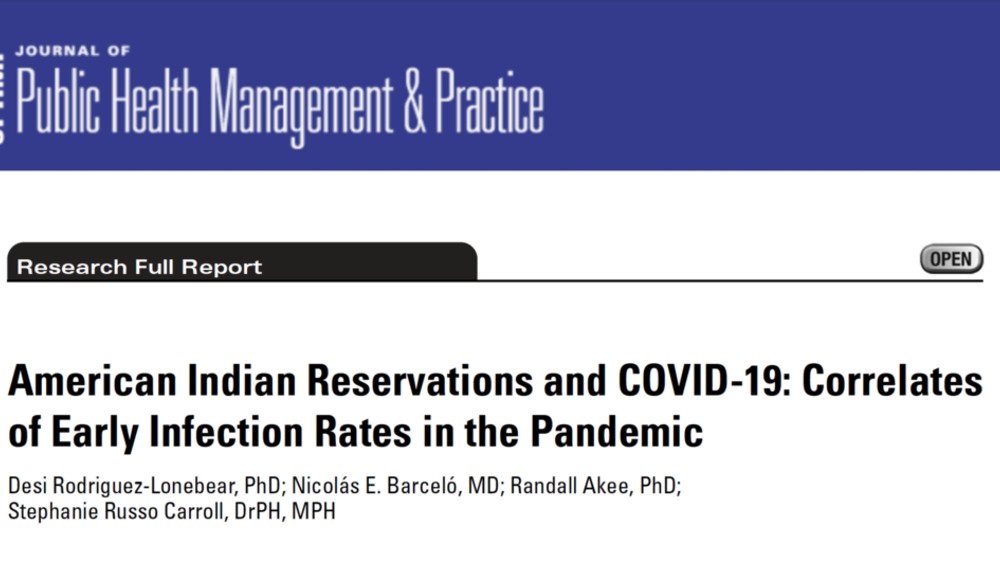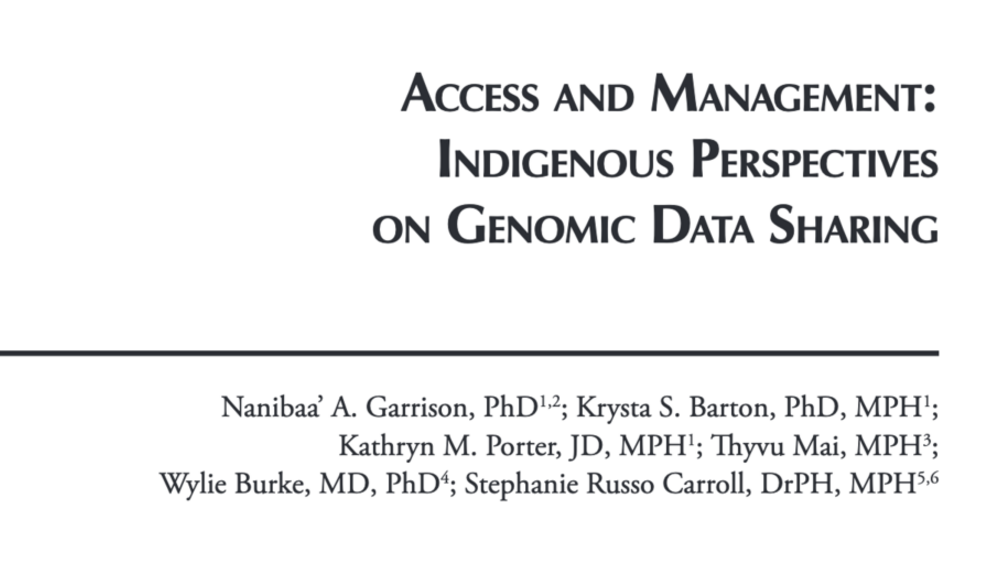Indigenous Peoples around the globe have diverse narratives of resilience and adaptability; however, they are also acutely impacted by the negative social, economic, environmental and health outcomes of COVID-19 (UN Special Rapporteur on the rights of Indigenous Peoples, 2020). As such, it is vital that Indigenous Peoples are included in all aspects of pandemic-related surveillance, research, research planning, and policy.
Systemic policies, and historic and ongoing marginalisation, have led to Indigenous Peoples’ mistrust of agencies and the data/research they produce. For example, Indigenous nation-specific COVID-19 data in the United States have been released by government entities without tribal permission and knowledge. These sensitive data continue to be accessed and reused without consent from Indigenous governing bodies by the media, researchers, non-governmental organisations, and others.
Although this type of data usage is attempting to combat data invisibility of American Indians and Alaska Natives to address gaps, reporting of tribal-specific data is making tribes more visible in ways that can result in unintentional harm and ignores inherent Indigenous sovereign rights. Media perpetuation of misinformation and disinformation is amplifying confusion and harm to Indigenous Peoples.
To avoid increased distrust and harm, and to improve the quality and responsiveness of data activities, Indigenous data rights, priorities, and interests must be recognised in all COVID-19 research activities throughout the data lifecycle, and in ownership of any resulting innovations. We must also acknowledge that expressions of self-determination vary substantially across nation states due to conditions that also undermine the ability of Indigenous Peoples to govern data or enact sovereignty over data.
Additional Information
RDA COVID-19 Indigenous Data WG. "Data sharing respecting Indigenous data sovereignty." In RDA COVID-19 Working Group (2020). Recommendations and guidelines on data sharing. Research Data Alliance. https://doi.org/10.15497/rda00052




